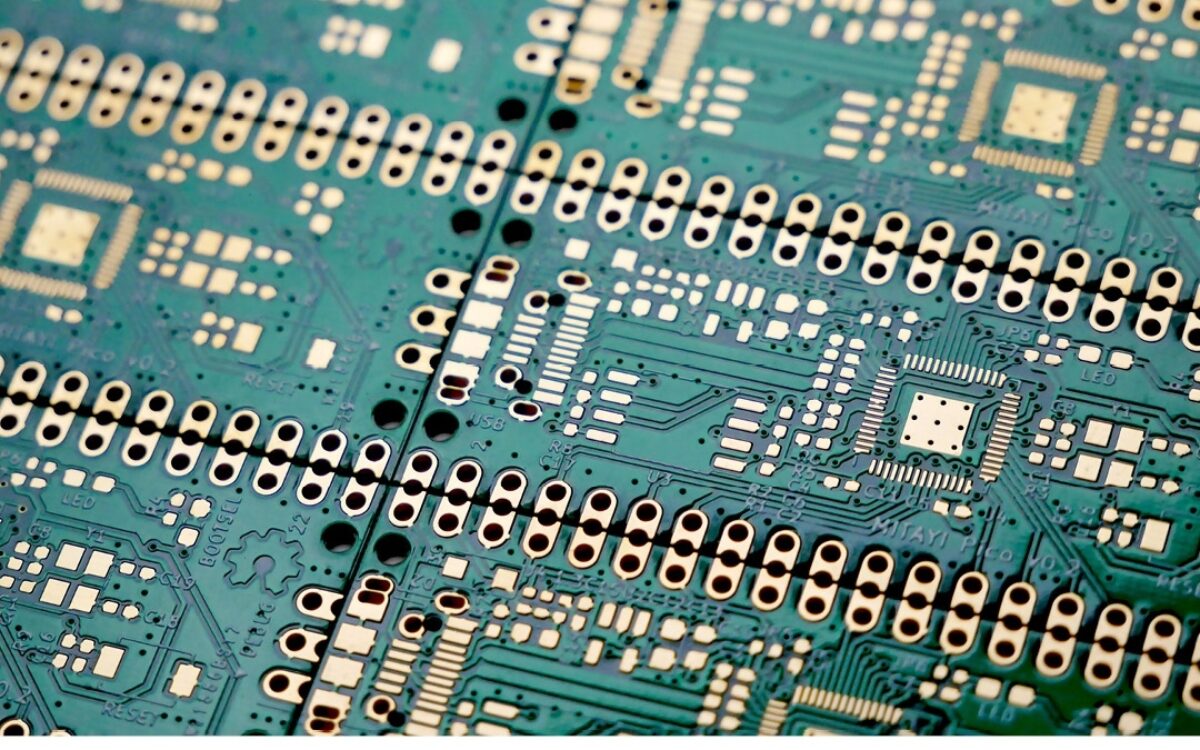

A more sustainable method for recovering reusable scrap metal which uses a whisky co-product is being developed by academics at the University of Edinburgh.
Rare and valuable metals (including gold, silver, and palladium) can now be extracted from waste electronics (such as TVs and laptops) using a new combined biological and chemical approach.
This project came about while Aberdeen-based environmental tech company, SEM sought expertise from the University of Edinburgh; WEEE Scotland, the waste services provider; and funding from the Industrial Biotechnology Innovation Centre (IBioIC).
Current physical and chemical extraction techniques are energy-intensive or use harsh, sparingly recyclable solvents to remove gold and silver from electronic circuit boards. Any additional metals are dissolved and discarded altogether, and the process generates large volumes of acidic liquid waste, which can be damaging to the environment.
According to a UN report, in 2019 the UK produced the second-highest level of electrical waste per capita at 23.9 kilograms – a total 1.6 million tonnes of waste electronics. Most of this waste is transported to Asia for processing, which also contributes to the environmental impact of electronic waste.
The new method developed uses recyclable solvents to extract valuable gold and copper from printed circuit boards. Other metals – such as aluminium, tin, and zinc – can then be recovered separately from the effluent using SEM’s ‘Dram’ filtration system, making the discharge from the extraction process environmentally benign.
Dram is manufactured using the co-product from the distillation of malt whisky as a raw material. The filter captures metals that can be recovered in the form of metallic nanoparticles by microbes and then purified for re-use. The final effluent from the process is also suitable to be discharged into the environment.
Leigh Cassidy, the Lead Scientist at SEM, said:
There are a number of methods for removing gold and silver from electronic waste, but they are largely chemical and physical which comes with an environmental cost. This project has proven the use of an approach that is more rooted in biology and, with that, is much more sustainable. Each stage of the filtration process has a lower impact than if it was done in any traditional manner.
"We are now looking to build the system into WEEE’s operations and then take it to other sites, where processes can be made more environmentally friendly. The next stage will be commercialising the technology to full effect, and we are pulling together bids for funding to make that happen.”
Professor Jason Love from the University of Edinburgh said: “This exciting project has allowed us to marry chemical processes that separate valuable and critical metals from electronic waste with a biological filtration method that both maximises the metals recovered and minimises the overall environmental footprint.”
Once commercialised, the new filtration process could not only reduce the reliance on mining new metal resources for electronics but open up the opportunity for Scotland and the UK to drive more circular practices and create value from ‘e-waste’.
Liz Fletcher, Director of Business Engagement at IBioIC, said:
With demand for electronics only likely to increase, this project is an incredibly important step forward in the treatment and management of e-waste. The consortium has designed a new approach to recovering metals for re-use that is significantly more sustainable than anything that has been done so far, underlining what can be achieved through collaboration.
"There is a huge opportunity for Scotland, and the wider UK, to lead the way in creating value out of used electronics and other waste streams through biologically based, sustainable methods. These materials need to be recycled and doing so could make a significant contribution to supporting our bid to become a net-zero nation by 2045.”
If you have a similar commercial challenge and would like to explore how Edinburgh Innovations can support innovation in your organisation, please do get in touch.
Related Links
Visit the SEM website
Find out more about the Industrial Biotechnology Innovation Centre (IBioIC)